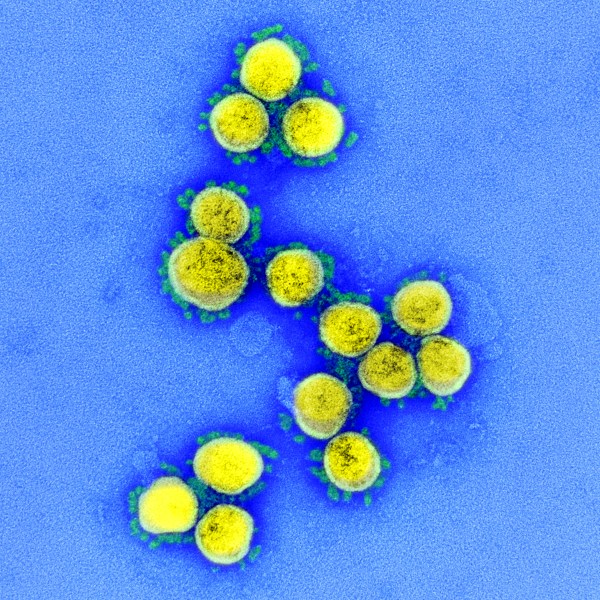Hyperglycemia is an important marker that predicts severe illness in patients admitted with COVID-19: Nature Public Health Emergency Collection

An article titled “Admission Hyperglycemia in Non-diabetics Predicts Mortality and Disease Severity in COVID-19: a Pooled Analysis and Meta-summary of Literature” was published in the “Nature Public Health Emergency Collection” and dated October 12, 2020. The article is part of an initiative by the US National Library of Medicine at the National Institutes of Health. (nih.gov)
The gist of this article is that, on admission, a patient with COVID-19 (with or without diabetes) may have an elevated blood sugar; the level of blood sugar tends to predict how severe the patient’s illness will be. The observations span numerous studies with widely varying findings and a large number of patients with different disease characteristics. However, the findings can be summarized in this one sentence from the abstract:
“Our results showed that hyperglycemia in non-diabetics was associated with higher risk of severe/critical illness (OR 1.837 (95% CI 1.368–2.465, P < 0.001) and mortality (2.822, 95% CI 1.587–5.019, P < 0.001) compared with those with normal values of blood glucose. ” That is, patients with high blood sugar were nearly three times as likely to die from the virus as patients with normal blood sugar.
The article reviewed 423 studies and selected 13 for analysis. Of these, ten were included in the quantitative analysis of blood sugar and accompanying variables with their effects on hospital course, including admission to the intensive care unit (ICU), intubation and mechanical ventilation, length of hospital stay, and survival to discharge.
High blood sugar was associated with all the typical co-morbidities for severe COVID-19: patients with hyperglycemia were older, more likely to be male, had more co-morbidities, and were more likely to have typical severe symptoms: dyspnea (shortness of breath), hypoxemia (low blood oxygen), polypnea (rapid breathing), fever, chest pain, diarrhea, and nausea/vomiting.
Elevated blood sugars were associated with blood test abnormalities that are signs of severe illness. For example, elevated C-reactive protein (CRP), a widely used and trusted overall sign of severe inflammation, is also linked to high blood sugar. Other laboratory tests included:
Increased neutrophils and leukocytes, decreased eosinophils, were more commonly seen in those with hyperglycemia compared with known diabetics and those with normal blood glucose levels. Abnormalities in liver function test components such as hypoalbuminemia and raised ALT levels were also more commonly recognized in patients belonging to the hyperglycemia group vs the normoglycemia and diabetic group. Similar trend was observed in case of inflammatory markers such as lactate dehydrogenase (LDH), ferritin, and C-reactive protein (CRP). Interestingly, IL-8, an important component of inflammatory response, was also significantly higher in this group compared with the other two (23.8% vs 4.8%, P < 0.05) [7].
https://www.ncbi.nlm.nih.gov/pmc/articles/PMC7550017/
In summary, this review article shows a solid association between the presence of high blood sugar on admission and a severe hospital course or death in patients with COVID-19. This association holds regardless of whether the patient had diabetes, pre-diabetes, or a normal blood sugar prior to hospital admission and their acute illness. There was no apparent indication of whether treatment of high blood sugar was helpful to improve in-hospital illness severity.
Of course, there is no statement that high blood sugar directly causes severe illness. However, there are many studies that indicate blood sugar has a deleterious effect in terms of increasing inflammation and impairing the immune system. Some of these studies were addressed in this article, if you should care to explore this issue.
(photo of SARS-COV-2 virus particles by electron microscopy courtesy of NIAID)